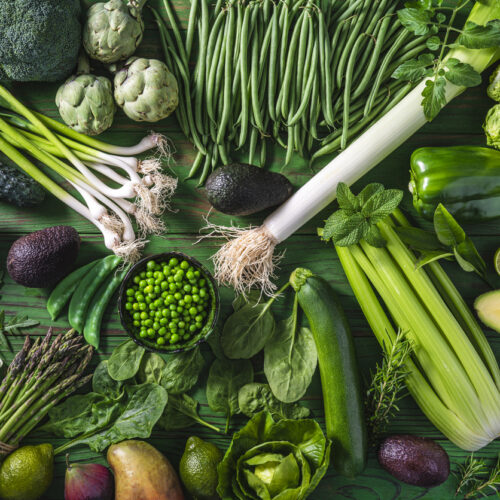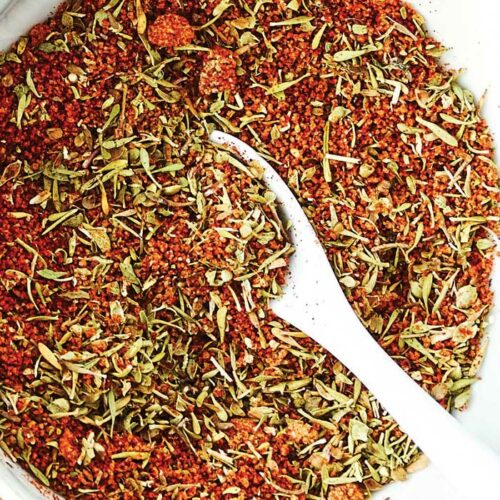
When fat is removed from food the flavour is often reduced or altered. Adding herbs replaces the lost flavour and enhances the intensity of flavour.
Herbs are available fresh, in paste, dried or freeze-dried forms. Adding a range of herbs, even in very small amounts (as little as 1-5g a day) can have health benefits and they add wonderful flavour.
In everyday cooking you can add herbs in the following ways:
- Add chopped fresh basil and oregano into spaghetti sauce.
- Add lemongrass or coriander to your curry.
- Add rosemary to roast lamb and serve with mint sauce.
- Add your favourite herbs to dips, dressings and salads.
- Add fresh herbs such as basil or parsley to pizzas for a touch of the Mediterranean.
- Add fresh herbs to your favourite barbecue foods – steaks, fish or chicken.
- Make tasty marinades with fresh thyme leaves or oregano, olive oil and lemon juice. Use for chicken fish or meat.
- Sprinkle some dried mixed herbs onto chicken before roasting, or add to casseroles.
Simple ideas for using herbs
Herb-infused oil
Try making your own herb-infused oil: use some fresh basil, rosemary or mint. Add the herbs to a jar with a clove of garlic for more flavour. Pour in olive oil to cover. Seal tightly and leave to stand for at least two weeks before using in dressings or cooking.
Bouquet garni
Make a bouquet garni by taking sprigs of herbs you like and tying their stalks together with cotton thread. Add to stews, or pop in chicken cavities before roasting, or with fish.
Salads
Try a green salad using a selection of salad leaves and add in some fresh herb leaves for extra flavour – marjoram, basil and thyme work well.
Sweet recipes
Try adding fresh mint to fruit salads. Roughly tear the leaves and mix in. Add a sprig of mint to sparkling water or to fruit juices.
www.healthyfood.com










